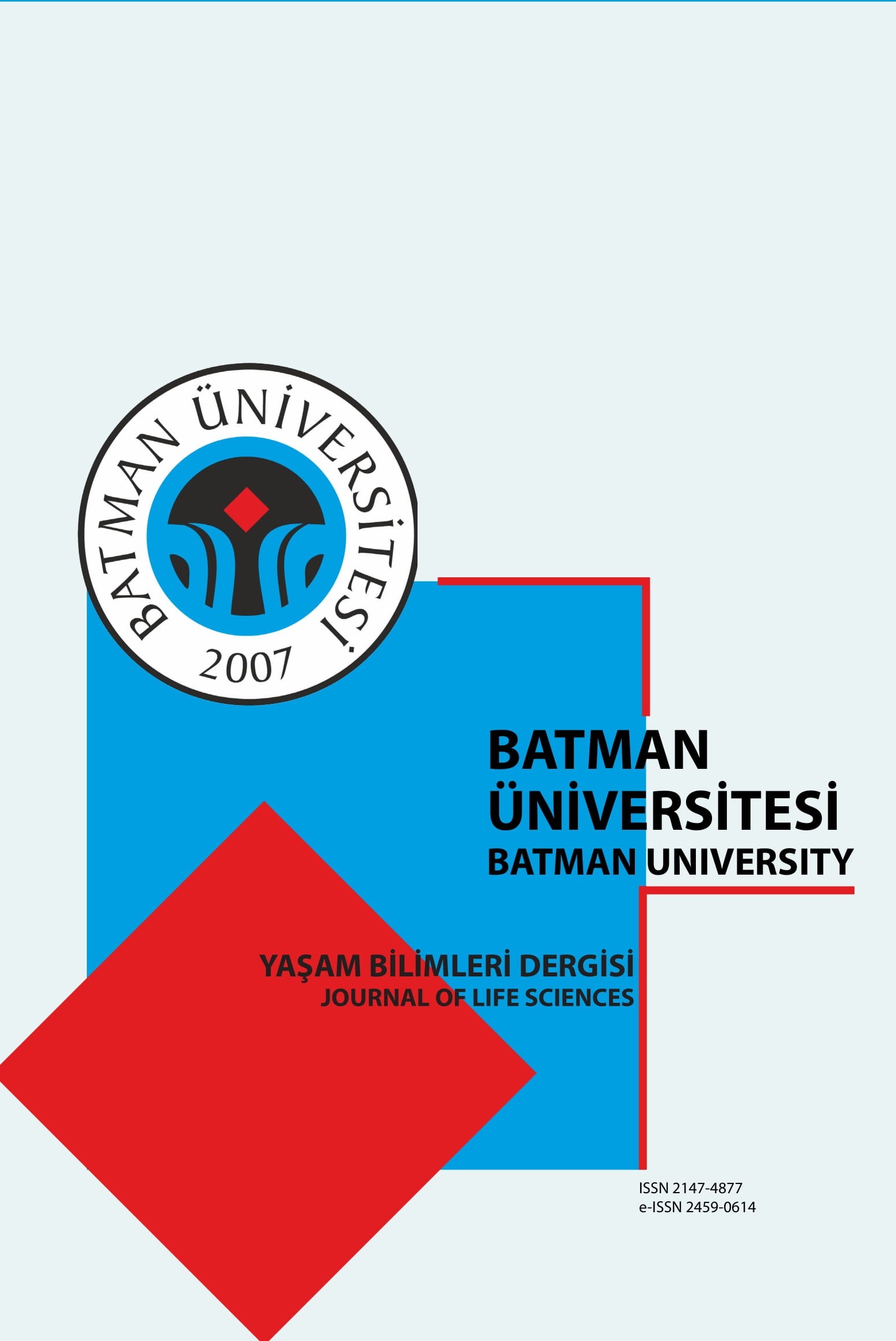Pistacia Türlerinde (Pistacia vera L., Pistacia khinjuk Stocks, Pistacia terebinthus L.) Tetrazolium (TZ) Testi ile Canlılık Tespiti Çalışmaları
Zor çimlenen (ve yayılan) tohumlarda çimlenme süresinin uzun oluşu, tohumların yaşama kabiliyetini daha kısa yoldan tayin etme ihtiyacını doğurmuştur. Ayrıca tohum gücü ve çimlenme potansiyelinin erken bilinmesi, o türe ait tohumların kullanımı ve pazarlanması açısından önemlidir. Pistacia cinsinin bazı türleri (P. vera, P. khinjuk, P. terebinthus) ülkemizde antepfıstığı yetiştiriciliği için önemli anaçlardır. Antepfıstığında anaç olarak tohumdan yetiştirilen çöğürler kullanılır. Çimlenme testi tarla koşullarında bir tohumun potansiyelini göstermek için en iyi indikatördür. Ancak, çimlenme süresi bitki türüne göre değişmekle beraber, birkaç gün, birkaç hafta, bazı durumlarda ise aylarca sürebilir. Tetrazolium testi, tohum gücü ve çimlenme potansiyelini kısa bir zamanda öğrenmek için kullanılan en yaygın biyokimyasal testtir. Bu test ile P. vera, P. khinjuk ve P. terebinthus türlerinin sırasıyla %50.0, %45.5 ve %21.5 canlılık oranına sahip olduğu ortaya konmuştur.
Viability Determination Studies With Tetrazolium (TZ) Test for Pistacia Species (P. vera L., P. khinjuk Stocks, P. terebinthus L.)
Seeds possesing hard germination ability with long duration of germination has led to the need to determine the germination ability with a simple method. Knowing early the seed vigor and the potential for seed germination, it is important to be sold and to utilise the seeds. Some species of the genus Pistacia (P. vera, P. khinjuk, P. terebinthus) are important rootstocks for pistachio cultivation. Seed germination test under the field conditions is the best indicator to perform germination potential for seeds. However, germination vary according to plant species, although it make take a few days to several weeks and even months in some cases. Tetrazolium test, the most common biochemical test to understand quickly seed vigor and germination potential. By this test the viability rates of P. vera, P. khinjuk and P. terebinthus seeds have been identified to be 50.0%, 45.5% and 21.5%, respectively.
